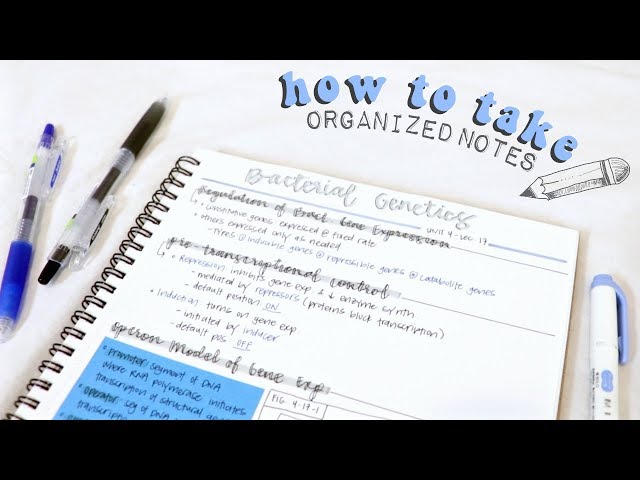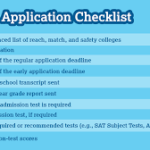Studying doesn’t have to be stressful or overwhelming. By using the right strategies, you can make your study sessions more productive, efficient, and even enjoyable. Whether you’re preparing for exams, tackling a tough subject, or keeping up with coursework, these tips will help you make the most of your learning experience.
1. Plan Your Study Time

Creating a study schedule is essential for staying organized and avoiding last-minute cramming.
- Divide your study time into smaller, focused sessions (e.g., 25-50 minutes).
- Use tools like planners or apps to set aside specific study times.
- Focus more on topics or subjects you find challenging.
Tip: Try the Pomodoro Technique—study for 25 minutes, take a 5-minute break, and after four sessions, take a longer break (15-30 minutes).
2. Choose the Right Study Space

Your environment can greatly affect your focus and productivity.
- Pick a quiet, well-lit area with minimal distractions.
- Keep your study space tidy and organized.
- Use background music or noise-canceling headphones if it helps you concentrate.
Tip: Apps like Forest or Focus@Will can help you stay focused if you get distracted easily.
3. Engage Actively with the Material
Simply reading or highlighting notes isn’t enough. Actively engage with the content to improve understanding and retention.
- Summarize what you’ve learned in your own words.
- Teach the material to someone else or explain it to yourself.
- Test your knowledge with flashcards or practice quizzes.
Tip: Use the Feynman Technique—break down complex topics as if you’re teaching them to a child.
4. Take Organized Notes

Good note-taking can make a big difference in your study process.
- Use methods like the Cornell Note-Taking System to structure your notes.
- Highlight or color-code key points for easy review.
- Regularly revisit and revise your notes to reinforce learning.
Tip: If you’re a visual learner, try mind mapping to connect ideas and concepts visually.
5. Break Tasks into Smaller Steps
Large tasks can feel overwhelming, so break them down into smaller, manageable parts.
- Divide chapters or topics into sections and focus on one at a time.
- Set clear goals for each study session (e.g., “I’ll complete two sections today”).
- Reward yourself for completing tasks to stay motivated.
Tip: Use SMART goals—make your study goals Specific, Measurable, Achievable, Relevant, and Time-bound.
6. Study Consistently, Avoid Cramming
Cramming might help in the short term, but it’s not effective for long-term retention.
- Review your notes regularly to reinforce what you’ve learned.
- Use spaced repetition to revisit material at intervals (e.g., 1 day, 1 week, 1 month).
- Start preparing for exams early to reduce stress.
Tip: Apps like Anki or Quizlet can help you use spaced repetition for better memorization.
7. Take Care of Your Health

Your physical and mental well-being directly impact your ability to study effectively.
- Aim for 7-9 hours of sleep each night to improve focus and memory.
- Eat nutritious foods like nuts, berries, and whole grains to fuel your brain.
- Stay hydrated, take breaks, and stretch to stay energized.
- Practice mindfulness or meditation to reduce stress and improve concentration.
Tip: Avoid multitasking—focus on one task at a time to work more efficiently.
8. Use Technology to Your Advantage
Technology can be a powerful tool for studying if used wisely.
- Organize your notes and tasks with apps like Notion or Evernote.
- Watch educational videos on platforms like Khan Academy or YouTube.
- Join online study groups or forums to connect with others.
Tip: Turn off phone notifications or use apps like Freedom or Stay Focused to block distractions.
Final Thoughts
Studying is a skill that improves with practice and the right strategies. By following these tips, you can boost your productivity, retain information better, and perform well in exams. Remember, consistency and a positive attitude are the keys to success!











